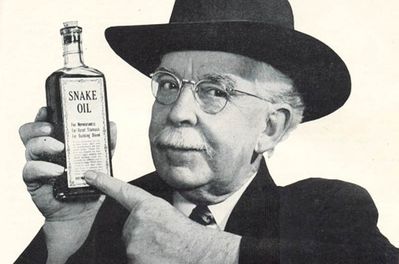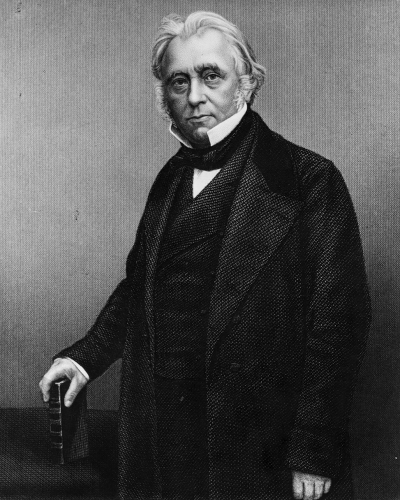Copyrights

Copyright Hypocrisy
Fri, 12/05/2017 - 1:27pm — Homer Dear Andrew Orlowski,
Dear Andrew Orlowski,
Spot the difference...
Copyright Infringement: Taking other people's ideas without permission or attribution, then reusing them for your own purposes
Copyright: Taking other people's ideas without permission or attribution, reusing them for your own purposes, then falsely claiming to be the sole creator of the result

The Curious Case of Raspberry Pi Consumerism
Mon, 01/09/2014 - 4:03am — HomerMuch like the Cult of Apple

I find the attitude of many within the Raspberry Pi community to be strange and offensive.
I first discovered this odd phenomenon (odd because it contradicts the ethos of the project's academic foundations) back when it first started, as many within the Raspberry Pi community took an extremely hostile attitude toward academic freedom, apparently in defence of various parties' highly dubious intellectual monopolies (Broadcom and MPEG-LA, for example).
I pointed out the irony and hypocrisy of their attitude at the time, explaining that they were more than happy to leech Free (as in freedom) Software for their own benefit, but then balked at the prospect of freely sharing the results, and in particular this contradicted their stated academic goal of facilitating better computer education in British schools, an environment that rightly demands open access to knowledge.

UK Decriminalises Sharing
Fri, 25/07/2014 - 12:04am — Homer
This is now perfectly legal, shockingly
Sharing No Longer a Crime
Crushing blow to anti "piracy" terrorists
In a blatant act of democracy that would make Mussolini spin in his grave, the UK government reluctantly conceded that if everybody does it, it probably shouldn't be a crime.
Instead, as a nod to the intellectual monopoly gangsters, those dastardly "pirates" (i.e. everyone) will receive four spam letters a year from the Content® manufacturing industry, in a futile attempt to convince the rigidly bored audience to pay for Hollywood's increasingly derivative and uninspiring garbage.
Other than that, no action will be taken, at least not against the "pirates", not even so much as a menacing glance, much less a fine or prison sentence.

Opposing Copyright
Sat, 11/01/2014 - 1:26pm — Homer This is my analysis and response to Thomas Babington Macaulay's speech to the House of Commons, delivered on the 5th of February 1841, opposing the then proposed "Life + 60 Years" copyright term.
This is my analysis and response to Thomas Babington Macaulay's speech to the House of Commons, delivered on the 5th of February 1841, opposing the then proposed "Life + 60 Years" copyright term.
First I should state that I also oppose any extension to the copyright term, but moreover I oppose copyright in general, and seek its total abolition.
Macaulay's speech is good overall, inspired in places and clearly well-intentioned, but makes what I believe to be a fundamental logical fallacy which must be addressed. He also tends to waffle, giving far more examples than is necessary, most of which I've edited out. Therefore the following comprises a summary of the relevant parts of the original speech to which I wish to respond, and my indented responses (in blue) to each point. With the exception of Macaulay's final summary, I will only respond to those points I disagree with, so you may assume that I agree with the rest.
My objective is to demonstrate that copyright is not only morally indefensible, but also quite unnecessary.

How Timbaland Got Away With "Copyright Theft"
Fri, 20/01/2012 - 5:50am — HomerRead this background summary of the Timbaland plagiarism controversy.
Basically, Mosley got off on a technicality.
Kernel Records Oy v Timothy Mosley Appellate Brief
AJE does not qualify as a United States work under § 101(1)(B) because at the time of first publication in 2002, Australia's term of copyright protection (the life of the author plus 50 years) was not the same or longer than the term of protection provided in the United States (the life of the author plus 70 years).

